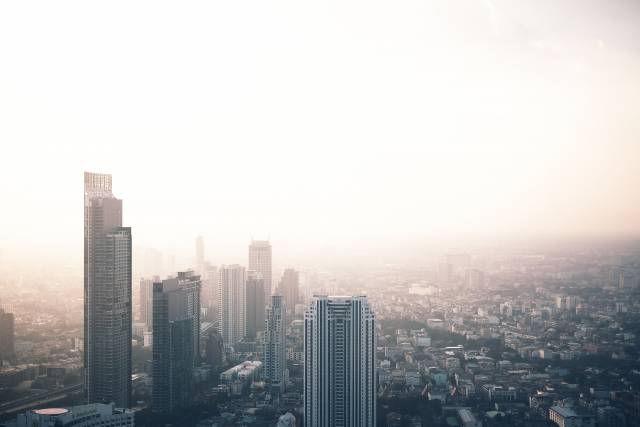If global CO2 emissions reach zero in thirty years, there is a one-in two chance of limiting warming to 1.5°C. If the world fails to meet the 1,5°C target, human and ecological systems will reach the limits of their adaptive capacity, triggering the disruption of basic economic activity. This was found in the recently published IPCC Special Report on Global Warming of 1.5° (SR1.5) highlighting the significance of the 1.5° threshold. Accomplishing the complex task of emission reduction requires tremendous changes in energy production and use, land use and ecosystems, urban and infrastructure, and industry.
The IPCC published a special Summary report for Urban Policy makers, because urban areas are a key player in climate change adaptation and mitigation.
The summary calls for engaged officials and stakeholders who can influence urban economies, urban form and infrastructure, the connectivity between urban and rural areas, and behavioural choices in support of the sustainable urban transition. This transition is also enabled by sharing knowledge, adapt and replicate experience of successful implementation through membership in international city networks such as ICLEI, Procura+, and GLCN.
Examples for solution approaches are also listed in the summary and range from:
· Energy efficiency in buildings through for example design of zero carbon homes;
· Further uptake of green infrastructure through nature-based solutions;
· Sustainable urban design such as the compact city model and pedestrianisation of centres;
· Industrial-urban symbiosis towards material recycling and reuse at the city-regional level;
· Decentralized energy grid i.e. micro grids.
Projects like the EU project SPP regions have demonstrated that powerful tools such as innovation procurement of sustainable, low carbon solutions can reduce CO2 emissions significantly. It takes forward thinking officials to implement these practices in their cities and reach a zero carbon world.
Read the full Summary report for Urban Policy Makers here.




